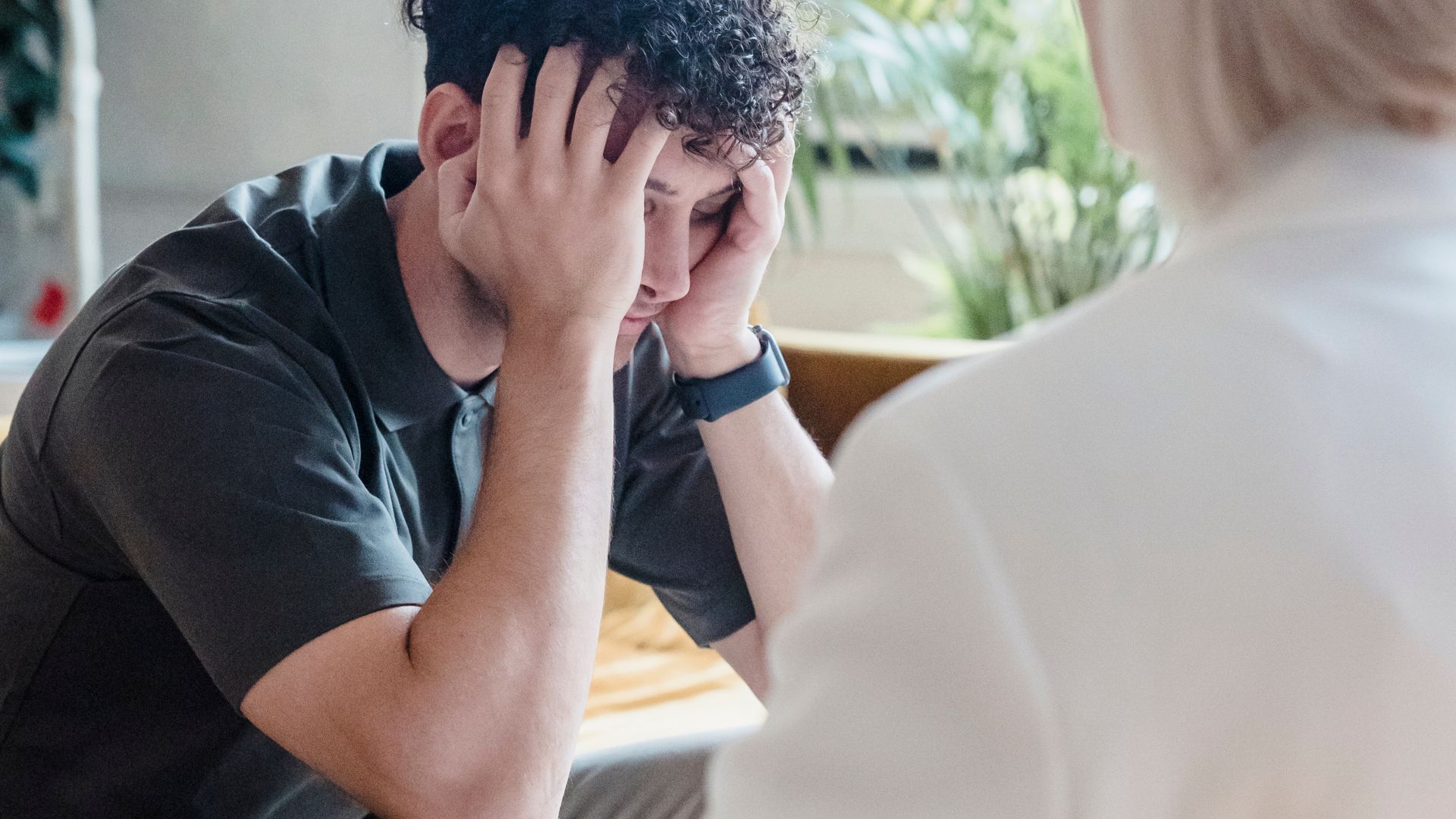Do I Need Therapy?

‘Do I need therapy?’. This is a question I hear daily. I think it it’s one of the most important topics to discuss. Today I will speak about when to go to therapy and get some help. We, as humans, are very good at convincing ourselves about things. I often hear people say something like:
“It’s not so bad”,
“But other people have it worse”,
“I don’t have time to feel this”
“But I am not depressed I am just stressed”.
“Doesn’t everyone feel this?”
“Isn’t therapy for people with BIG problems?”.
Who is Therapy For?
Therapy is for anyone. There is no threshold one must cross in order to be allowed to go to therapy. One does not need to be in an abject crisis to need therapy. Yes, some people come to therapy at points of crisis, however therapy is not only for crises. People can attend therapy for a wide variety of reasons. These include: mental health challenges such as Bipolar, PTSD, Depression, Anxiety, Eating Disorders, etc. Others may seek therapy during difficult life experiences such as the loss of a loved one, divorce, being a victim of crime, or after being involved in a car accident. While other may attend therapy due to empty nest syndrome, getting use to retirement, or because of feelings of stagnation or meaningless in one’s life or occupation.
Therapy can also be for people who feel they cannot talk to those around them. It can be very scary sharing our deepest thoughts and feelings with others. This fear often leads people to constantly bottle up their feelings. Or sometimes we don’t want to burden others with our issues. Therapy is a safe and non-judgmental space in which a person can talk these things. Therapy can also be of benefit if one is feeling unfulfilled by one’s life, or as if something is missing or something off in one’s life.
Therapy can also open up new ways of coping with stress. Just life itself can be overwhelming at times. News headlines, family, work etc can become too much and our methods of managing this stress become ineffective. Therapy can equip one with the new tools to cope better.
Therapy can also be for a person who wishes to know themselves better. This can include exploring one’s values, beliefs, strengths or weakness, etc. Therapy can also improve one’s relationships in life. This includes friendships, parent-child relationships, and obviously romantic relationships.
Again, let me say, there are no limitations on who can or should attend therapy. To ride a roller-coaster, one may need to be of a certain height. There is no ‘height’ requirement for therapy. Or stated differently, there is no sadness level one must reach to be able to attend therapy. This is true of any feelings, experiences or situations/etc.
When Should I seek Help?
It can be of enormous benefit to seek help before an issue reaches uncontrollable levels. However, we often only realise after these things have gotten out of hand. So, let me say the best time to go to therapy, is before a crisis. However, the next best time to go to therapy is when you think you may benefit from it or think you need it.
Some individuals only realise they need therapy after a calamity. For others it may look like: crying in the shower; sitting in one’s car because they don’t want to go inside; exploding on someone who merely said something; dreading tomorrow; isolating oneself; struggling to meet the demands of daily life; ones relationships/friendships suffer; or when one feels burnout, depressed, angry or full of rage.
To summarise, the best time to attend therapy is when you realise you may benefit or need it.
Some Closing Thoughts,
Something I hear very often is people saying ‘but others have it worse than me’. That statement is incorrect. It is a misconception. For each of us, our feelings are our feelings. They are valid irrespective of whether others may have more or less of these feelings. To give an example, I watched a beekeeper collect honey. When he returned, he had a HANDFUL of stings which he hardly noticed. On the other hand, if I had merely 1 sting, I would be swelling up non stop and be in agony. Simply put, pain or any other experience is subjective. It is unique to the person experiencing it.
If you would like to find out more about me or Thrive Psychology, please feel free to contact us.
